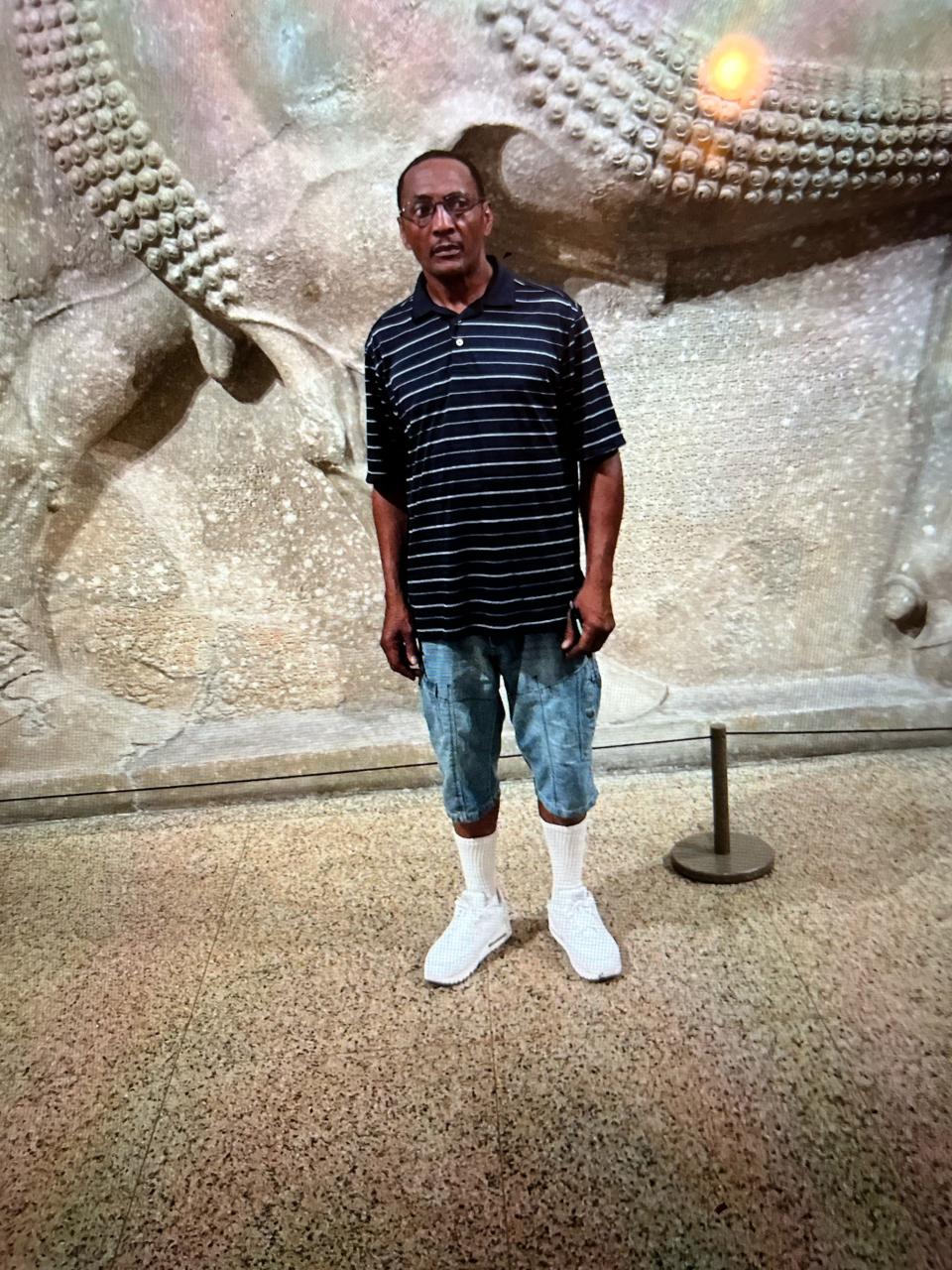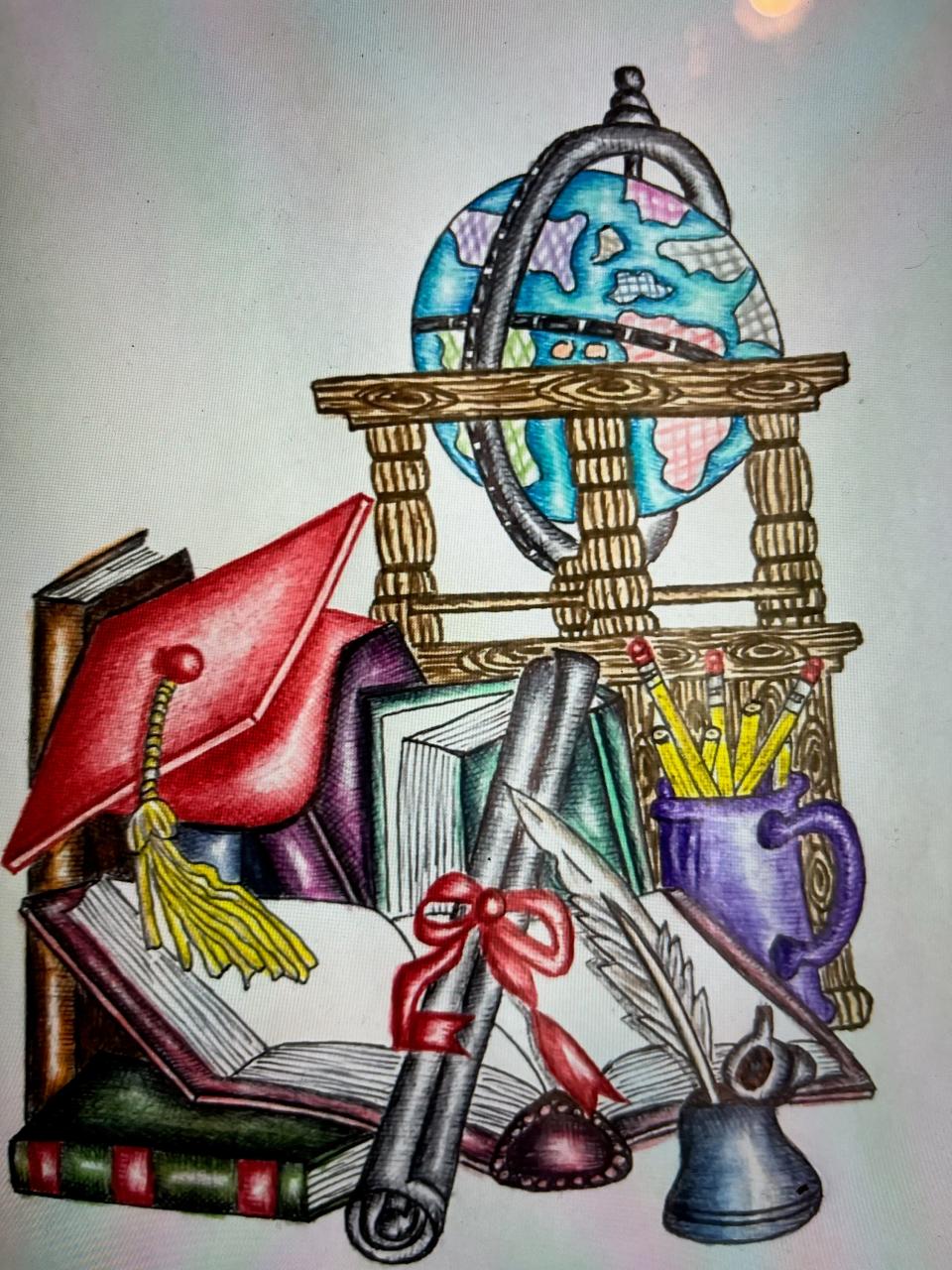'I was beaten with a flashlight': Reparations for Chicago police torture victims fall short
Editor's note: In 2015, the city of Chicago became the first to pull together a reparations package for victims of police brutality. Starting in the 1970s, a Chicago Police Department program included the torture of more than 100 people, many of whom confessed to crimes they did not commit. The People's Law Office worked to get torture victims released. Vincent Wade Robinson, who was given multiple life sentences and was released after serving 31 years, tells the story of his torture and struggles to make a living in the short essay below. The reparations package included, among other things, up to $100,000 for each survivor, curriculum about torture in schools and a memorial that has yet to be built.
My life before I was picked up by Chicago police was great. I was working as my father's assistant in his sign painting endeavors. Once the police picked me up and tortured me, my life changed overnight, and my battle for survival began. It took years just to get corrective surgery for the damage and physical injuries I received from Chicago officers.
On Aug. 13, 1984, officers arrested me after seeing me sitting inside a friend's car. I was instructed to get out of the car and place my hands on top of the vehicle. That night, I was taken to the police department and for nearly two days I was interrogated and tortured – hit repeatedly in the face, stomach and chest, kneed in the groin. I was locked in a freezing basement. I was beaten with a flashlight – the same instrument officers used to break my nose during the two years I spent in the Cook County Jail awaiting trial on murder charges.

I was tortured into confessing to crimes (murder and home invasion) I did not commit.
My injuries, including the broken nose, were ignored for years during my incarceration. I reported the fact that at night, while trying to sleep, I couldn't breathe. I was in constant pain. I didn't get proper medical care until a year after I was locked away in the Illinois Department of Corrections.
My time in prison was never hard. I actually spent it trying to better myself. In 1986, I started a life sentence. I served 31 years of it in multiple state facilities – and each one had art rooms where I was assigned to work. Art saved me.
But that outlet was hindered when a video was released that showed, among other things, incarcerated people doing drugs. That led to lockdowns, during which I was relegated to my cell – caged all day like an animal. I used anything I could to create – pens, small pieces of paper, graphite pencils. Without art, I think I would have gone insane.

Since I have been home, it feels like technology has turned everyone into robots.
It's hard to get a kind word from people because of the beasts they have come to love so much – their computers and phones. But I'm still moving toward my goal of leaving my mark on the world with art.
I have gone to school for two fall semesters and one spring semester working toward my first bachelor's degree in graphic design. I've done odd jobs to get by and have been trying for years now just to live this second chance by the grace of God.
After my release, I received $100,000 in reparations. I spent the money on bills, bought a car, had a one-bedroom apartment for two years and bought art supplies. My car has been repossessed, and the only thing I have left to show for the reparations are the art supplies I've been trying to use to make a living.
The reparations received by torture victims have, in my opinion, not been enough. They amount to little more than words on paper. The city of Chicago hasn't made good on all of its promises, including building a memorial that was supposed to list the names of torture survivors.
We trusted the city, and they've proven yet again to be untrustworthy.
Vincent Wade Robinson is a visual artist and independent contractor living in Chicago.
For more on reparations, visit USA TODAY's six-month project "Repairing America" at reparations.usatoday.com
This article originally appeared on USA TODAY: 'I was beaten with a flashlight': Chicago police torture victim

 money
money 